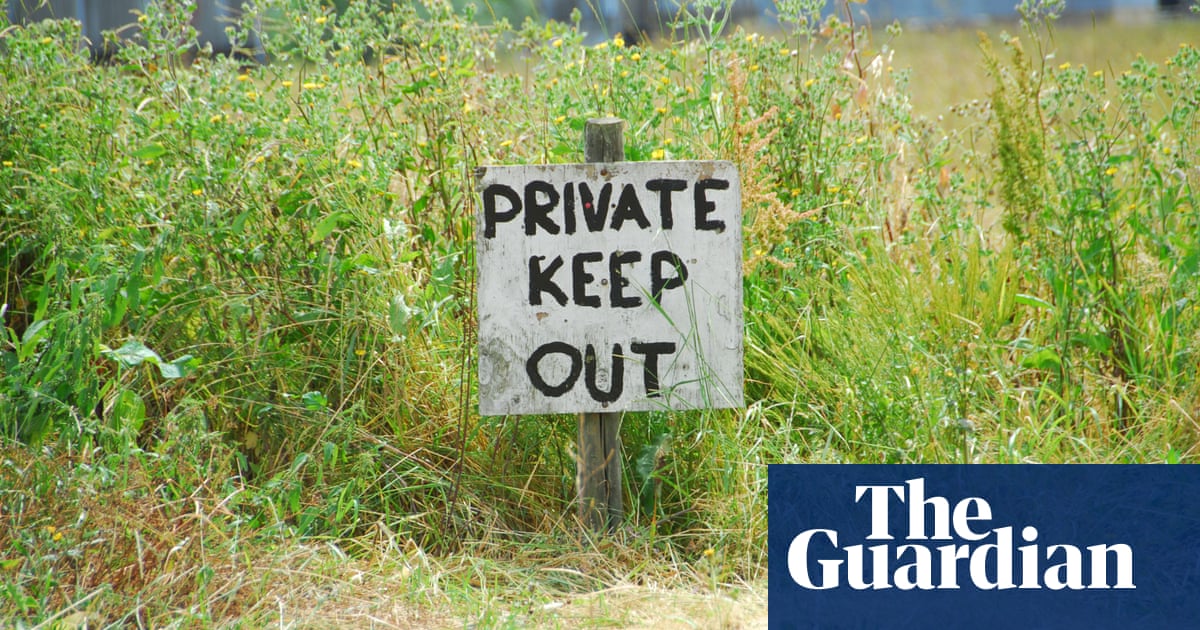Western Australia’s EPA has made a big call on a major gas expansion. Will state and federal governments back it up? | Adam Morton

The news that the Western Australian Environmental Protection Authority is likely to recommend that a massive gas export development off the state’s north-west shouldn’t go ahead is remarkable, but shouldn’t be.
We don’t know much about what the EPA told Woodside Energy in February about its Browse project off the state’s Kimberley coast. All we have is a line that WAtoday extracted from the EPA – that it had formed a “preliminary view” that the proposal was “unacceptable”.
But the thinking is easy enough to imagine. Browse is Australia’s biggest untapped conventional gas basin. It extends under the pristine Scott Reef, an extraordinary ecosystem that would be more widely celebrated were it not so remote. By Woodside’s own estimate it is home to more than 1,500 species. Many are unique to the area. Some are listed as endangered.
They include pygmy blue whales, which migrate through the area, green sea turtles that nest on a sandy islet within the reef, and the dusky sea snake, which is endemic to this part of the world.
Woodside hopes to drill dozens of wells in the area, some little more than a couple of kilometres from the reef. Scientists working for the fossil fuel company found, among other impacts, this could lead to the sandy islet relied on by turtles sinking by between 2 and 10cm, potentially putting it below sea level.
There is also some risk of a condensate spill, which is basically a lower density oil spill. Those who suggest it is unlikely only have to be wrong once for it to have a potentially serious impact on marine life.
Without knowing what Woodside and the EPA have discussed since the regulator gave the company initial feedback six months ago, I suspect the underlying argument here is pretty straightforward to most people: some places are not suitable for industrial development and should be left alone.
Scott Reef has existed as a natural wonder for about 15m years. Woodside and its backers are arguing that is worth risking for a fossil fuel development that will operate, at most, for a few decades.
Browse would also lead to significant greenhouse gas emissions, accelerating the global heating that is having a visible impact on tropical coral reefs across the planet. Scott Reef already lost more than 80% of coral cover in a severe mass bleaching event in 1998, and has not fully recovered. It was relatively untouched during recent hot years that inflicted damage on the Great Barrier Reef, but scientists say the medium-term outlook as ocean temperatures continue to rise is not good.
This might seem a significant point as the Browse proposal is considered, but Australia’s parliaments have decided otherwise. Climate damage from the development is mostly irrelevant under both state and national environmental law. Both focus on local impacts – and both rarely lead to projects being blocked outright. The WA EPA, in particular, has a history of backing fossil fuels. Environment campaigners say it has recommended against only two of 100 oil and gas proposals over the past 40 years.
That’s what makes this preliminary view extraordinary. It hardly ever happens.
It may still not happen. Woodside has an opportunity to make a case that the risks can be managed, and the EPA’s advice is not binding on the state government. The environment minister, Reece Whitby, is the decision-maker.
after newsletter promotion
The WA premier, Roger Cook, has been clear about what he thinks: he wants Browse to go ahead. He has argued what the industry argues – that WA gas is good for the planet on the grounds it will lead to lower global emissions and save lives. Scientists and analysts say there is no evidence to back this up, and the government hasn’t provided any when asked.
Most of the gas from Browse is earmarked for export to northern Asia. Some gas will be needed into the future, but Japan – WA’s biggest market – is using 25% less of the fossil fuel than it was a decade ago and, according to a recent report, now selling more LNG overseas than it buys from Australia. Something here doesn’t add up.
The WA government has a history of intervening on behalf of the gas industry when officials were poised to recommend against further development. In 2019, the then premier Mark McGowan is alleged to have directly put pressure on the EPA chairman to withdraw new climate guidelines after gas companies and local media campaigned against them. McGowan denied pressuring the chairman, but acknowledged they had spoken and that he supported the guidelines being withdrawn.
Given this history, perhaps the most telling thing Cook said to reporters on Monday was that he agreed Browse “certainly shouldn’t” go ahead if the EPA finds there is an unacceptable risk to the environment. That’s significant if he’s true to his word. But this still has a way to run.
If the state government did take the extraordinary step of overruling the EPA and giving Browse the green light, the development would also need to be approved by the federal environment minister, Tanya Plibersek. The national environment law is problematic for well-documented reasons, but it does give the minister discretion to block a project that affects a matter of national environmental significance, including threatened species.
The WA EPA has now set a benchmark on this point. We’ll learn over the months ahead if the state and federal governments are up to meeting it.
Source link




